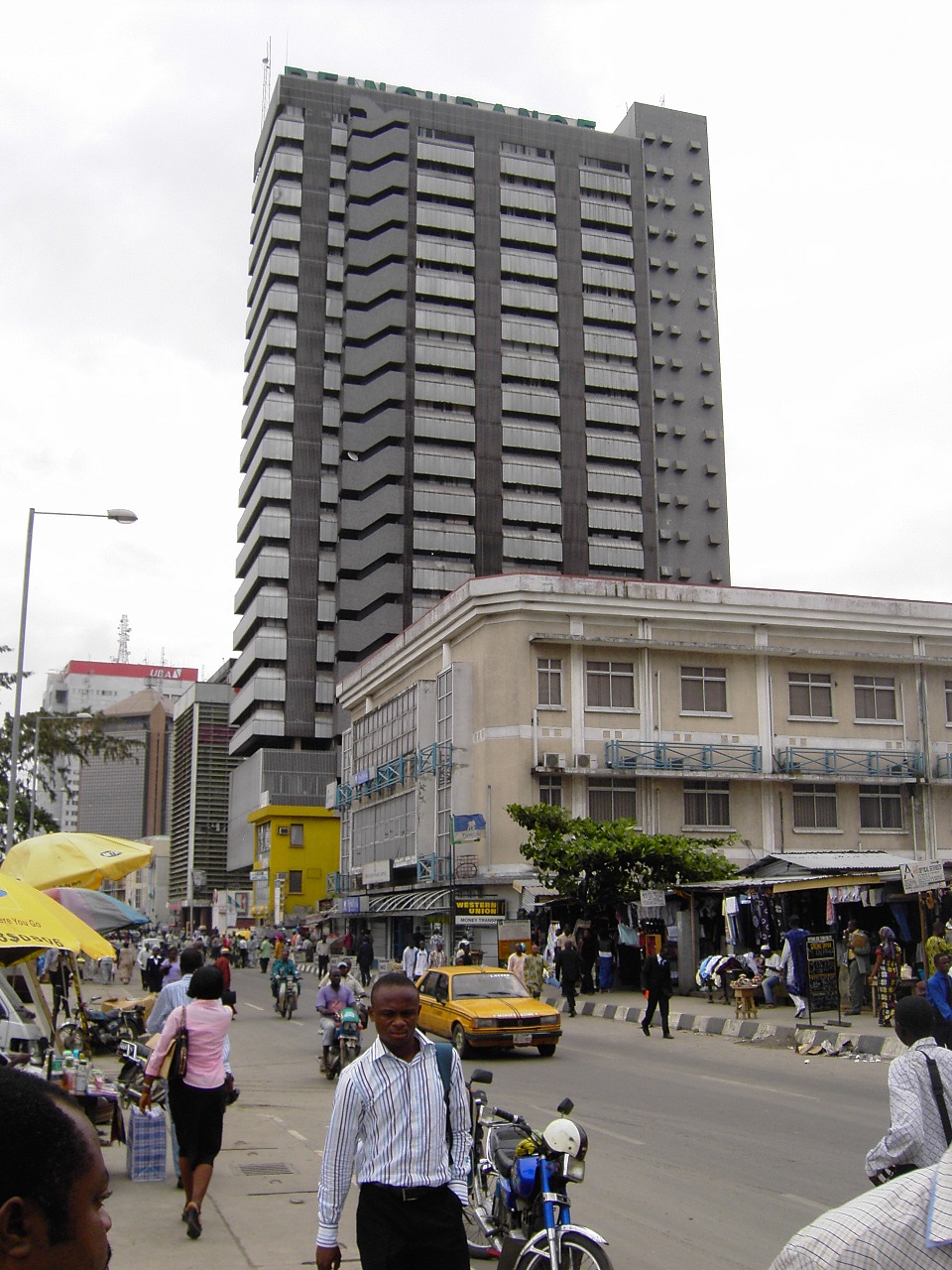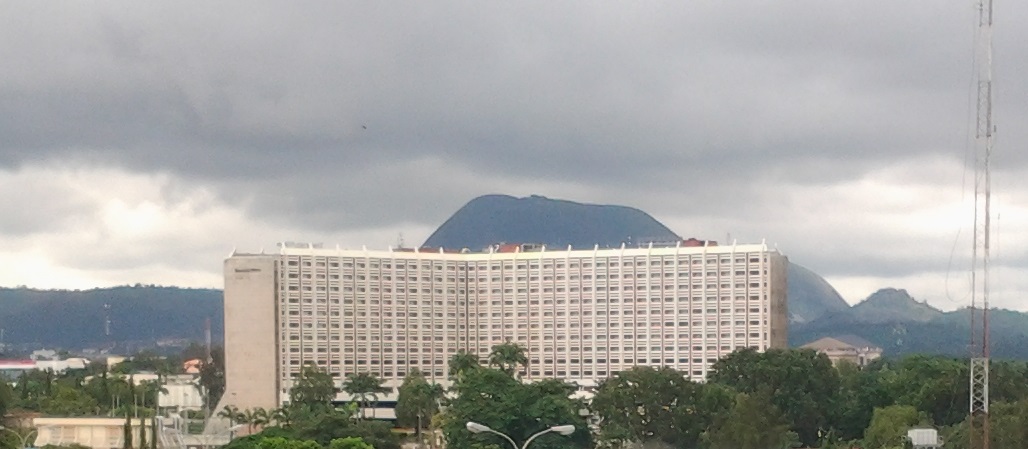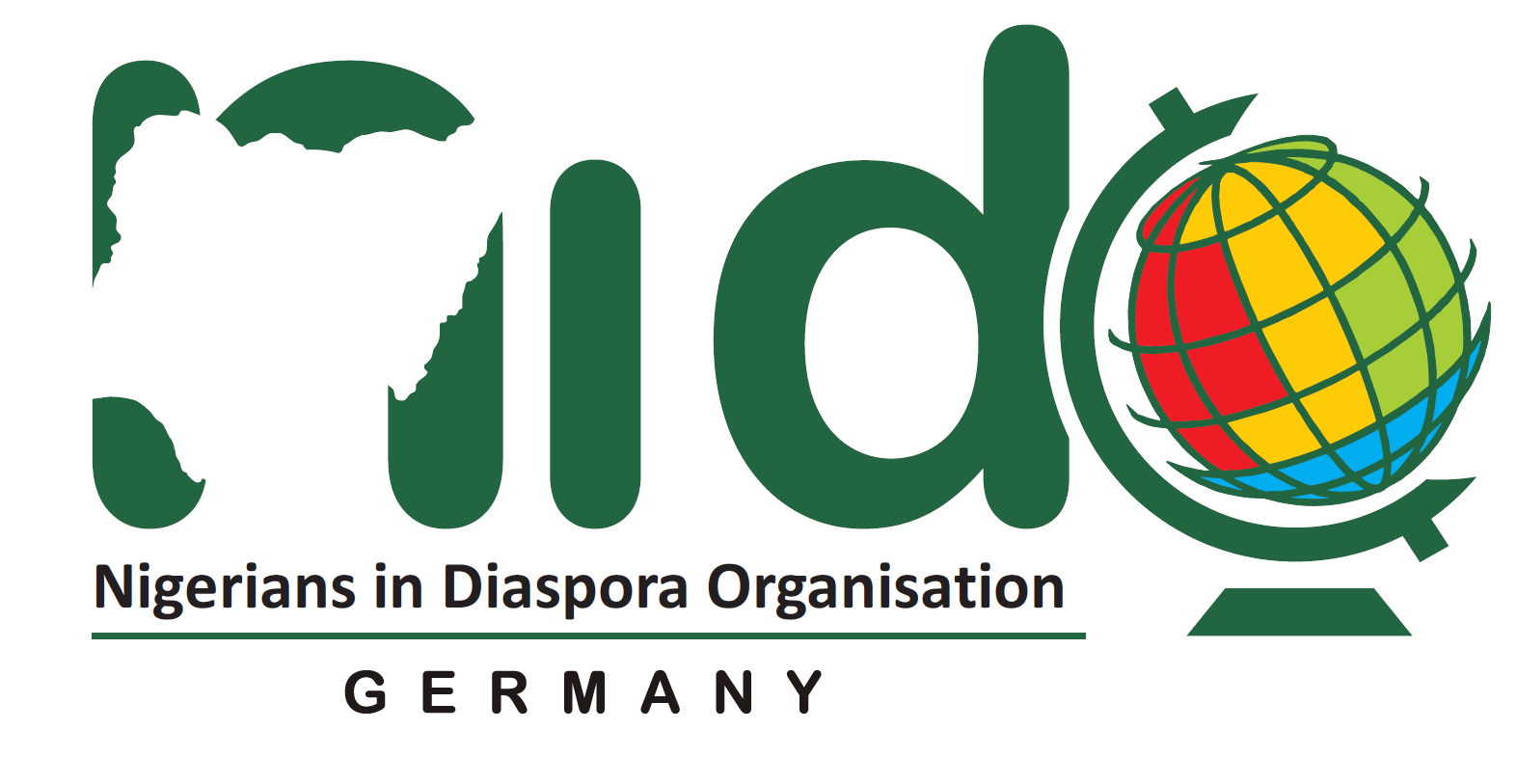
Nigeria – land of challenges and opportunities
Nigeria is geographically situated between the West African Sahel to the north, and the Gulf of Guinea to the south in the Atlantic Ocean, covering an area of 923,769 square kilometres.
Nigeria borders Niger in the north, Chad in the northeast, Cameroon in the east, and Benin in the west.
With a population of 211 million, it is the most populous African country as well as the continent’s biggest economy.
It’s also a land of incredible cultural diversity with more than 250 ethnic groups who speak more than 400 distinct languages. While most Nigerians adhere to Islam and Christianity, there are also practitioners of African religions.
Nigeria is a federal republic comprising 36 states and the Federal Capital Territory, where the country’s capital, Abuja, is located. The biggest city in Nigeria is Lagos, with more than 20 million inhabitants.
Before the 19th-century European colonialism, the territory known as Nigeria today consisted of many indigenous African kingdoms and states.
Created by British colonialists who amalgamated the Southern Nigeria and Northern Nigeria Protectorates in 1914, Nigeria gained independence on 1 October 1960.
The country got on to a bad start as infighting among the political elite ensued as soon as the British departed which sparked a chain of events leading to the military coup of 15 January 1966 and the 30-month civil war that ended in January 1970.
The military handed over power on 1 October 1979 to civilians only to retake it on 31 December 1983.
After several attempts, the military again restored democracy on 29 May 1999.
The Fourth Republic, as Nigerians refer to it, has endured since then. The country has for the first time witnessed over more than 22 years of democratic rule without military intervention.
Therefore, it is a cheerful fact that democracy is finally taking root in Nigeria. For the first time in the country’s history, an incumbent president lost re-election and handed over to the victorious candidate of the opposition in 2015.
That Nigeria, having survived a devastating civil war and seven military coups, in addition to countless ethno-religious and political crises, still stands today as a united national entity attests to its resilience.
The task of the political leaders of Nigeria is to improve governance in the country and confront the main problems it faces, including mass unemployment, lack of physical infrastructure and a weak industrial base.
Both Nigerian and foreign analysts say one of the ways to achieve that goal is to carry out far-reaching constitutional reforms to institute a more effective federal system, which will bring government closer to the citizens.
Moreover, decentralisation would reduce the acrimonious contest for power at the centre where most of the country’s resources are concentrated at the moment and therefore promote a greater unity and peace in the country.
Nigeria despite its challenges of nation building, including a violent Islamist insurgency of the Boko Haram terrorists, is a land of opportunities.
With its immense endowment of natural resources and vibrant youthful population, the country presents opportunities for economic co-operation. No wonder, Nigeria is often referred to as the Giant of Africa owing to its large population and economy.
Facts about Nigeria

- Official Name: Federal Republic of Nigeria
- National holiday: 1 October (1960)
- President: Muhammadu Buhari
- Capital: Abuja
- Largest cities: Lagos, Ibadan, Kano, Kaduna, Port Harcourt, Enugu, Benin-City
- Population: 200 million (est.)
- Official Language: English
- Political System: Multiparty Democracy
- Religions: Christianity, Islam and African religions
- Geography: Nigeria is located on the western part of Africa
- Land area: 923,768 sq km
- Administrative divisions: 36 states and the federal capital territory
- Flag: Three equal vertical bands of green, white and green
- Currency: Naira

